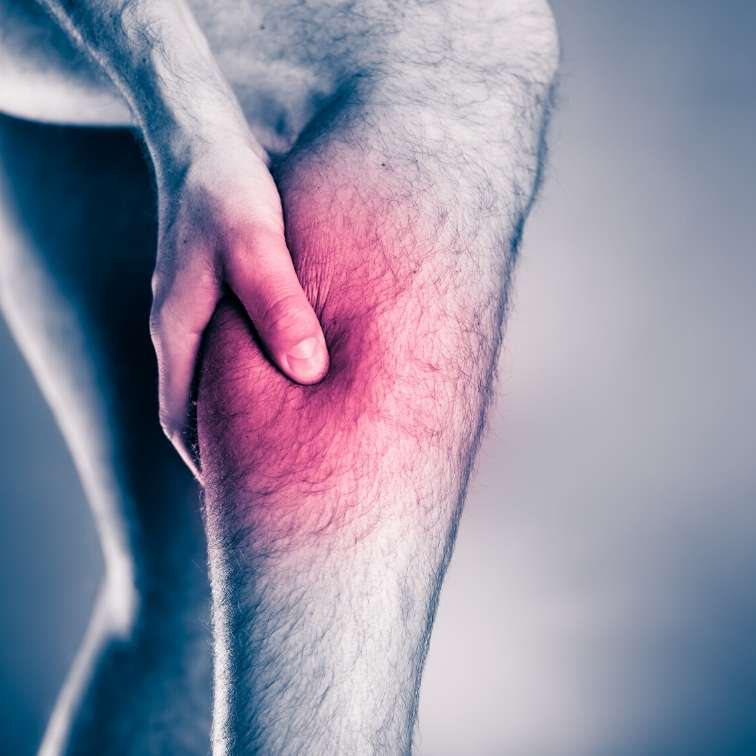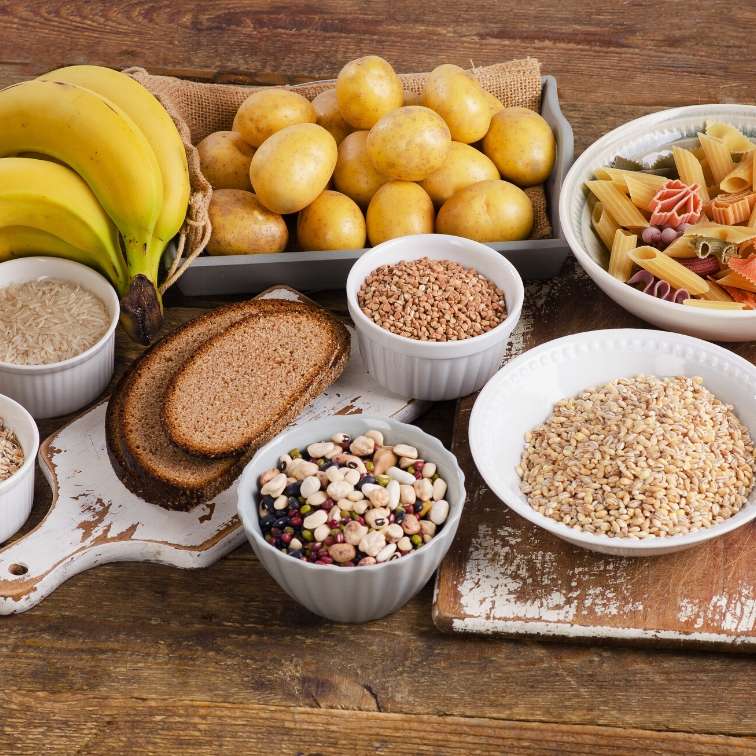
True or False? Electrolyte Loss Causes Leg Cramps
Muscle cramping during and after training is common with athletes. While there is a lot of data out there on possible culprits, there is no one definitive answer, with research pointing to electrolytes, diet, heat, conditioning and a host of other factors that cause these painful cramps. So let’s focus on electrolytes and how managing your electrolyte levels could mitigate cramping.
WHAT ARE ELECTROLYTES?
Electrolytes, medically speaking, are charged particles that are found in our bodies. The main ones are sodium, potassium, calcium and magnesium. Electrolytes are important for bodily functions because our cells, especially nerve, heart and muscle cells, use them to maintain a charge throughout their cell membranes and to carry electrical impulses, like muscle contractions, to other cells.
The electrolyte “powerhouse”, our kidneys, work to keep the electrolyte levels in our blood constant, despite changes in our body. For example, when you exercise heavily, electrolytes are excreted and lost in your sweat, particularly sodium and potassium. You need to replace these electrolytes to keep an ideal electrolyte balance in your blood and body.
HOW DO ELECTROLYTES AFFECT MUSCLES?
Any deficiency or imbalance in one or more of the major electrolytes could contribute to muscle cramps and other complications. Firstly, sodium plays a major role in fluid regulation and transmitting nerve impulses. Since water follows sodium in the body, an increase or decrease in sodium levels will result in a gain or loss of water. Therefore, if you have low sodium, also known as hyponatremia, you will have deficient salt levels and water in excess of the sodium.
Another key electrolyte is potassium. Potassium is an essential mineral and its functions include regulating water and mineral balance, which affect muscle control and blood pressure levels. If you are exercising over an hour, or are in conditions that result in excessive fluid loss, you may experience low potassium levels, which can cause muscle cramping and cardiovascular irregularities.

TIPS FOR AVOIDING LEG CRAMPS
- Get electrolytes in your diet
Athletes involved in exercise longer than one hour in duration may require larger quantities of the electrolytes sodium and potassium. Eating potassium-rich foods, such as one cup of orange juice, a banana, or a potato, is sufficient to replace the potassium lost during one to two hours of hard exercise. Also include lean meats, such as salmon and other fish, chicken, and turkey, that each provide over 400 milligrams of potassium for every 3 ounce portion. Side dishes such as sweet potatoes or regular potatoes with the skin on are also healthy additions to your plate. To replenish the sodium electrolytes in your body, consider drinking a sports beverage during training or mix equal parts fruit juice and water with a teaspoon of salt. Also, consult with your trainer on what drinks are approved for student athletes.
- Drinking the right amount of water.
Because you lose sodium through sweat, drinking too much water during endurance sports, can dilute the sodium content of your blood. Drinking too much water at other times can also cause low sodium. Alternatively, not drinking enough water can cause dehydration and lower electrolytes to a dangerous level. Thirst and the color of your urine are usually the best indications of how much water you need. If you're not thirsty and your urine is pale yellow, you are likely getting enough water.
- Warming up
Sometimes cramps occur in the preseason conditioning phase when the body is not properly conditioned and is prone to fatigue. Acclimate to exercise by gradually increasing the intensity and duration before a meet or competition to help prevent muscle cramps. This process also helps prevent athletic injuries.










2 comments
Hi, thank you for sharing this very informative post! However, I think you missed to elaborate on the importance of electrolytes, which is significant information, especially for those who have an active lifestyle. I discussed this on an in-depth post, and if you agree with me, you’re free to use my article as a source: https://karmaeating.com/blogs/active-lifestyle/why-electrolytes-are-so-important-for-your-health More power to you! :)
Raych
What if there is no exercise no sweating in excess, why and can be done foe leg and hand cramps that literally knock me off my feet, drs say no cause or cure for the cramping, if you have answers please advise. Please no sales crap ok I am in serious pain and concerned about my health
Maria
Leave a comment
This site is protected by hCaptcha and the hCaptcha Privacy Policy and Terms of Service apply.